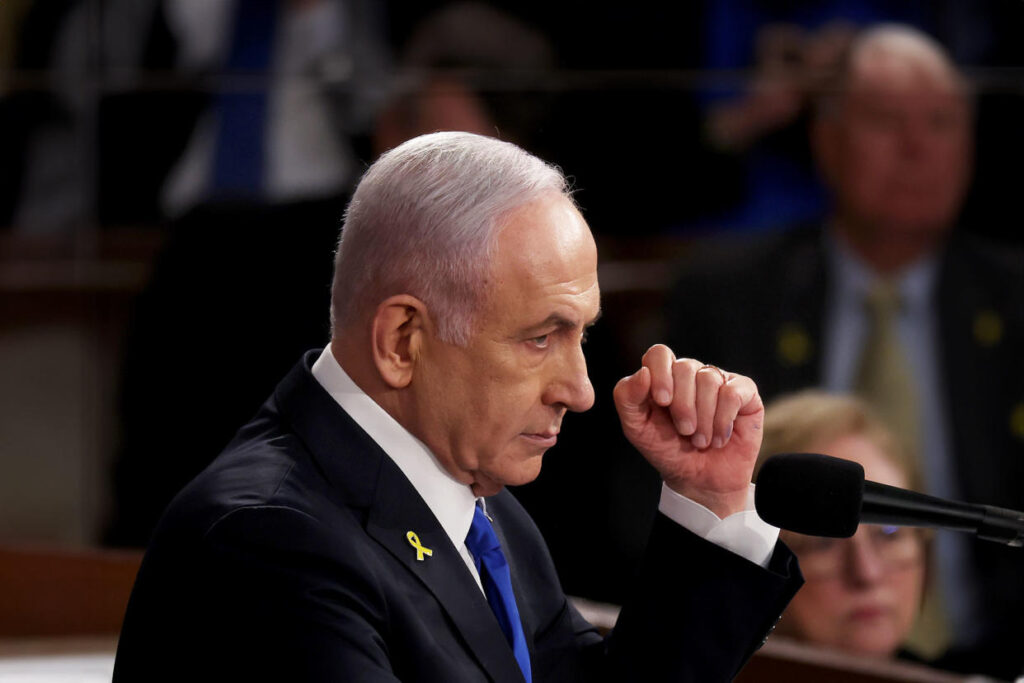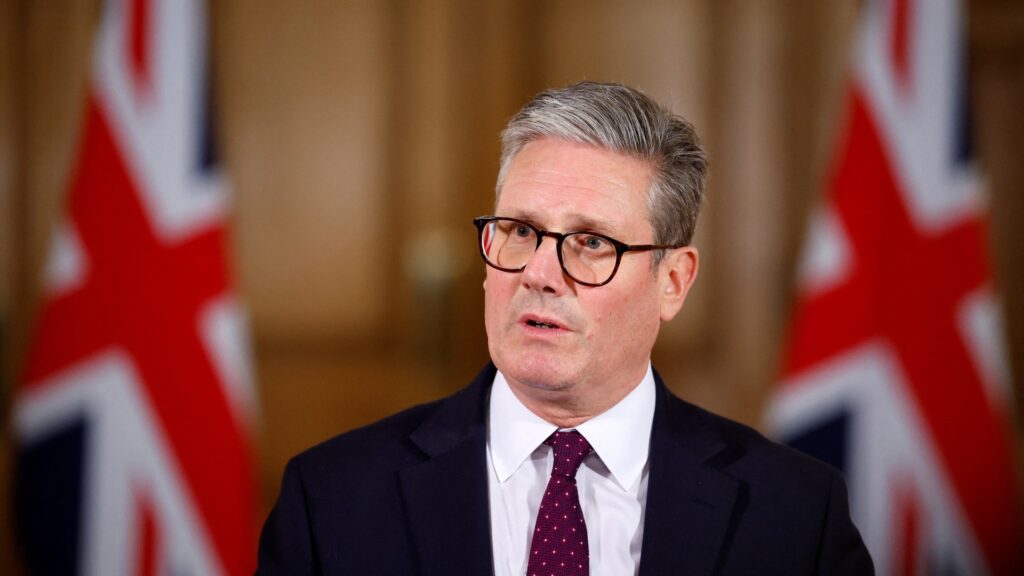The British government indicated Friday that Israeli Prime Minister Benjamin Netanyahu would face arrest if he enters the United Kingdom, as officials acknowledged their legal obligations to enforce International Criminal Court warrants amid growing diplomatic tensions.

While Downing Street’s spokesman declined to comment directly on “hypotheticals,” he emphasized that the government “would fulfil its obligations under the act and indeed its legal obligations,” referring to the International Criminal Court Act 2001, which requires British authorities to execute ICC warrants.
The statement follows Thursday’s ICC issuance of arrest warrants for Netanyahu and former Defense Minister Yoav Gallant over alleged war crimes in Gaza. The court simultaneously issued a warrant for Hamas military commander Mohammed Deif regarding the October 7, 2023, attacks on Israel.
“The government would always comply with its legal obligations as set out by domestic law and indeed international law,” the prime minister’s spokesman said, though he maintained the importance of continued dialogue with Israel, describing it as “a key partner across a range of areas.”
British Attorney General Lord Hermer had previously told the BBC he would provide “fearless legal advice” on any Netanyahu warrant, emphasizing that political considerations would not influence his conclusions. “It’s not for the attorney to dictate what a government chooses to do. The role of the attorney is to provide fearless legal advice as to what the law requires,” he said.

The warrants’ enforcement will vary among the ICC’s 124 member states, which exclude both Israel and the United States. President Joe Biden called the warrant against Netanyahu “outrageous,” while several European nations pledged to implement the court’s decision.
Shadow Foreign Secretary Dame Priti Patel criticized the ICC for drawing a “moral equivalence” between Israel’s actions in Gaza and the October 7 attacks, urging the government to “condemn and challenge” the decision. However, the Labour government has abandoned its predecessor’s plan to contest the ICC’s warrant-issuing authority.
French Foreign Minister Jean-Noel Barrot, speaking to the BBC, characterized the ICC’s decision as “the formalisation of an accusation, it is by no means a judgement,” while condemning restrictions on humanitarian aid to Gaza.
Netanyahu has denounced the warrant as “antisemitic,” while Hamas welcomed the warrants against the Israeli leaders but made no comment regarding Deif’s warrant. Under UK law, arrest warrants must pass through Home Office verification before courts make final decisions on arrests and extraditions.



